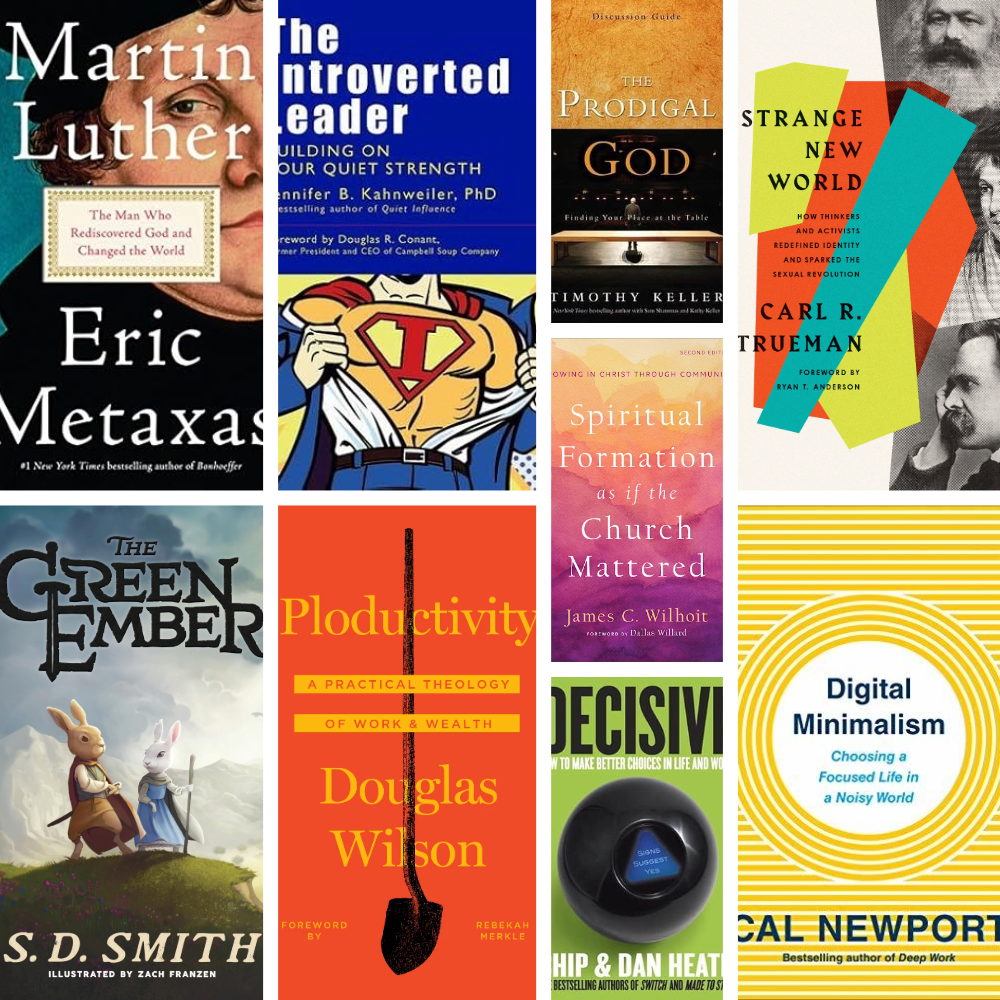
Could simply moving a plant in your office increase your creative aptitude? Could taking the time to solve an outrageous problem like getting a pair of your shoes into outer space get you on the path toward creative genius? According to the science of creativity, “Yes!” There are actually a number of simple things you can do in order to become more creative no matter how “uncreative” you feel you are.
“There’s not really any evidence that one person is inherently more creative than another,” – Robert Epstein, PhD
The definition of “create” is simply: “to bring (something) into existence.” In my understanding “creativity” is then the internal spark within an individual to bring something into existence. This spark seems to be most clearly seen in children. I think of my nephew who would gather all the toys he had, stuffed bears, plastic dinosaurs, cars, and even big lego pieces and arrange them in a flowing line across his parents living room floor. It was a beautiful colorful line of toys and we all wondered, “Where did this come from?” It came from within him. He brought what was inside of him out and his parents and uncle could enjoy it. That is until we had to clean up the living room floor.
Creativity can certainly be pragmatic. I read of a business that trained their staff in creativity awakening activities and they found it to be a huge benefit to their bottom line. The increase in creativity enhanced their ability to generate new ideas which led to increased revenue and innovative problem-solving helped them save their company millions. More important than its pragmatic value, I believe creativity is healthy for your soul. It is a divine attribute that we have been gifted with and it should be cherished. Creativity takes the unseen beauty within and makes it visible. If you are one of those that would say, “I am not creative.” In fact, you may just not yet fully understand yourself. There is beauty within each one of us. The challenge is to find ways to get it out.
Psychologist Robert Epstein says, “There’s not really any evidence that one person is inherently more creative than another.”¹ According to Epstein there are actually exercises you can do that will help you to become creative. In his research he has found four things that individuals can do to increase their creativity.²
First, he says, Gather your ideas. This is as simple as taking notes on your laptop when you think of something while working, or keeping a notebook next to your bed at night to jot down a great idea so that you won’t forget it when morning comes.
Second, Seek out Challenges. If you give yourself time and permission to try to figure out how to do something new it will likely force you to think deeper. When your muscles experience resistance they become stronger. It is the same with your thinking. Old ideas often need to be challenged in order to make room for new ones or make the old ideas even sharper.
Third, Epstein suggests, Broaden Your Knowledge. When you study new things your mind will begin to think thoughts that it had not thought before. It will also begin linking old ideas or expertise you’ve had with the new experience or knowledge you have gained making new and often exciting connections between the old and new.
Lastly, Change Your Environment and Friends. This can be as simple as taking someone from a different country out to coffee to learn about their experience and values. It could also simply mean rearranging your office furniture. You will be amazed that some changes to your work environment can help inspire new ways of thinking.
I am excited to try some of these things out. In particular I believe number two will be my weakest link. I will like to see if I increase my creativity by spending some time expanding myself by seeking out new challenges.
How about you?
I also found a test based on this theory of creativity. Check it out. http://mycreativityskills.com/
References
- Novotny, A. (2017). The science of creativity. [online] http://www.apa.org. Available at: http://www.apa.org/gradpsych/2009/01/creativity.aspx [Accessed 18 Aug. 2017].
- Epstein, Robert (1999) The Encyclopedia of Creativity. Vol. 1. [Generative Theory] Available at: http://drrobertepstein.com/pdf/Epstein-Generativity_Theory-Encyclopedia_of_Creativity-1999.pdf?lbisphpreq=1 [Accessed 18 Aug. 2017].
- Epstein, Robert (1999) The Encyclopedia of Creativity. Vol. 1. [Generative Theory] Available at: http://drrobertepstein.com/pdf/Epstein-Generativity_Theory-Encyclopedia_of_Creativity-1999.pdf?lbisphpreq=1 [Accessed 18 Aug. 2017].


